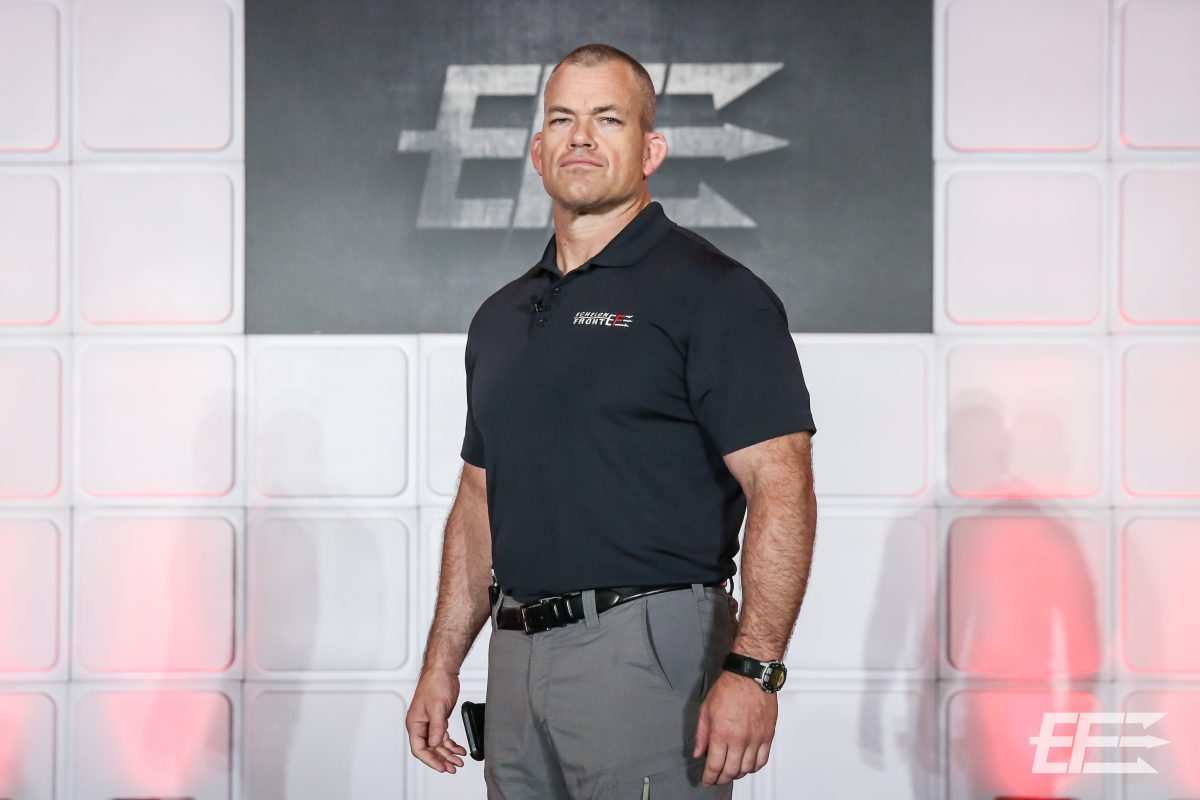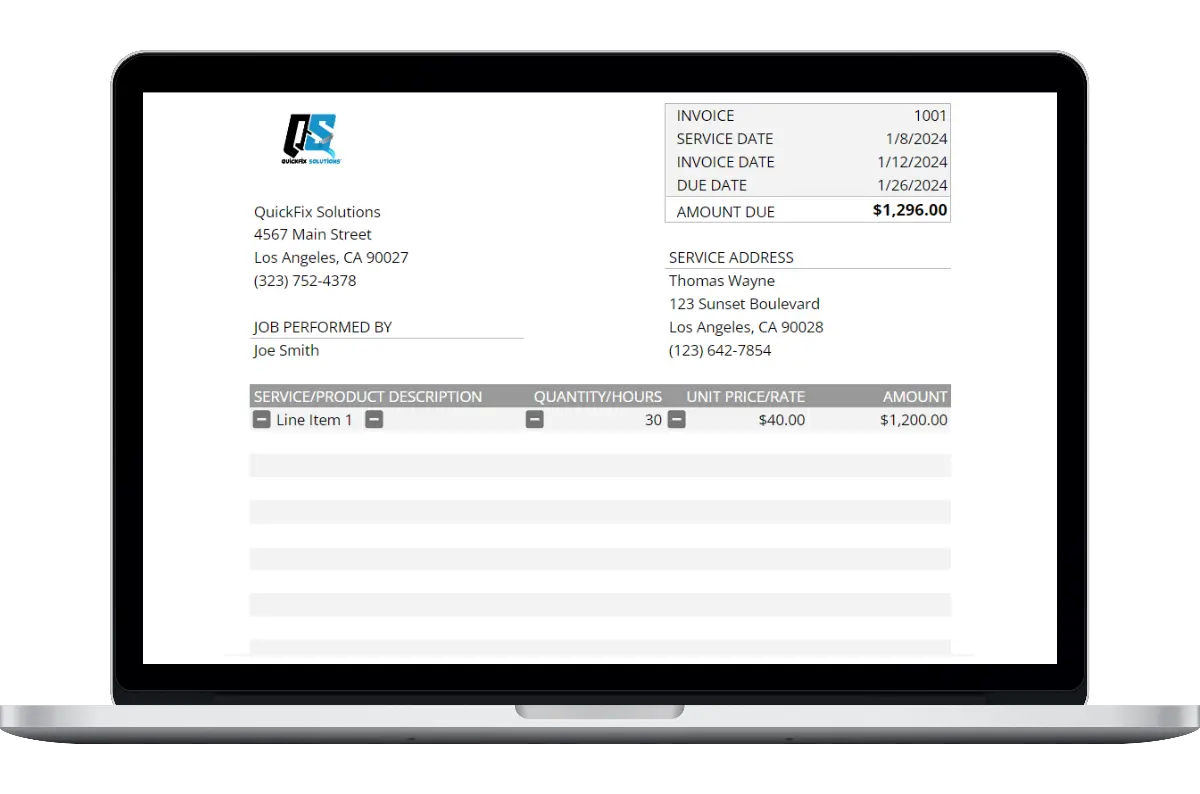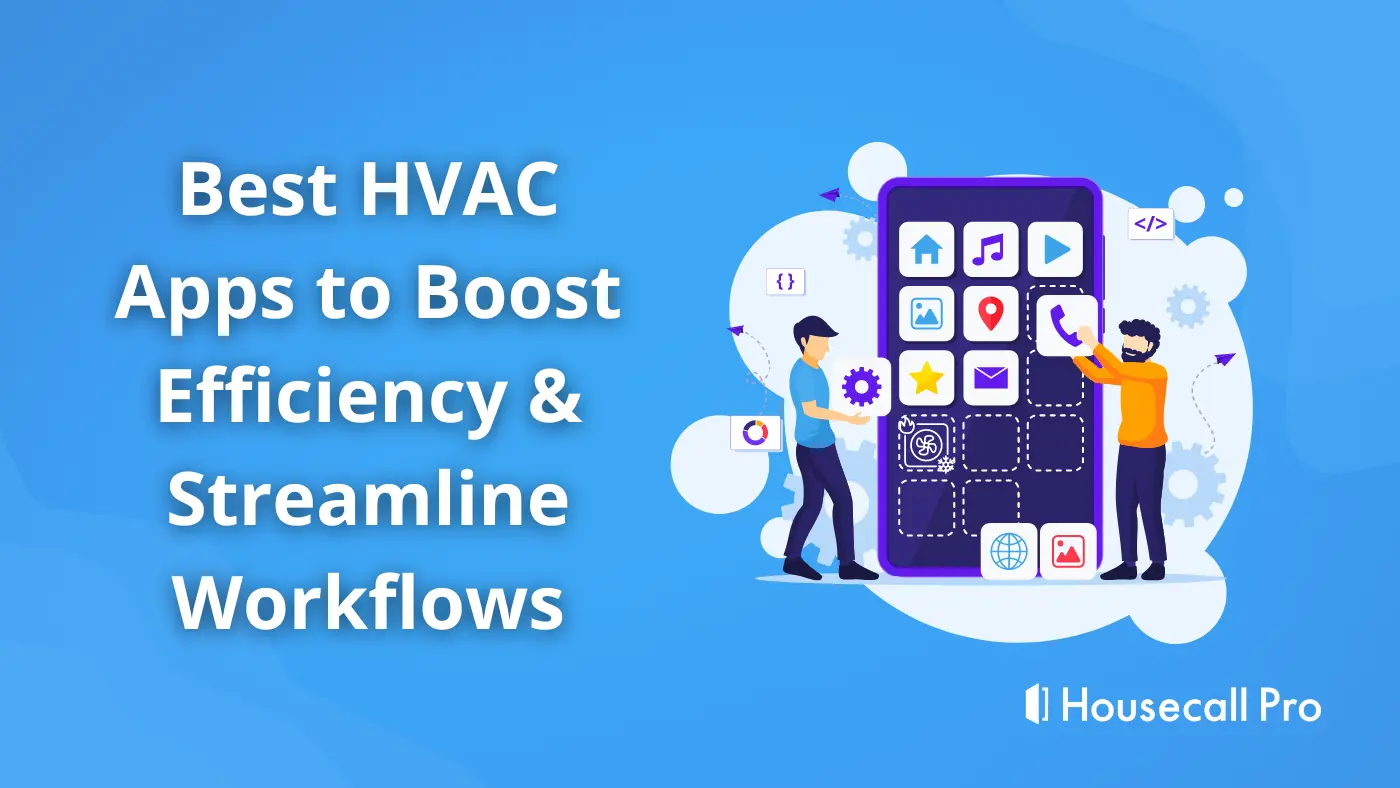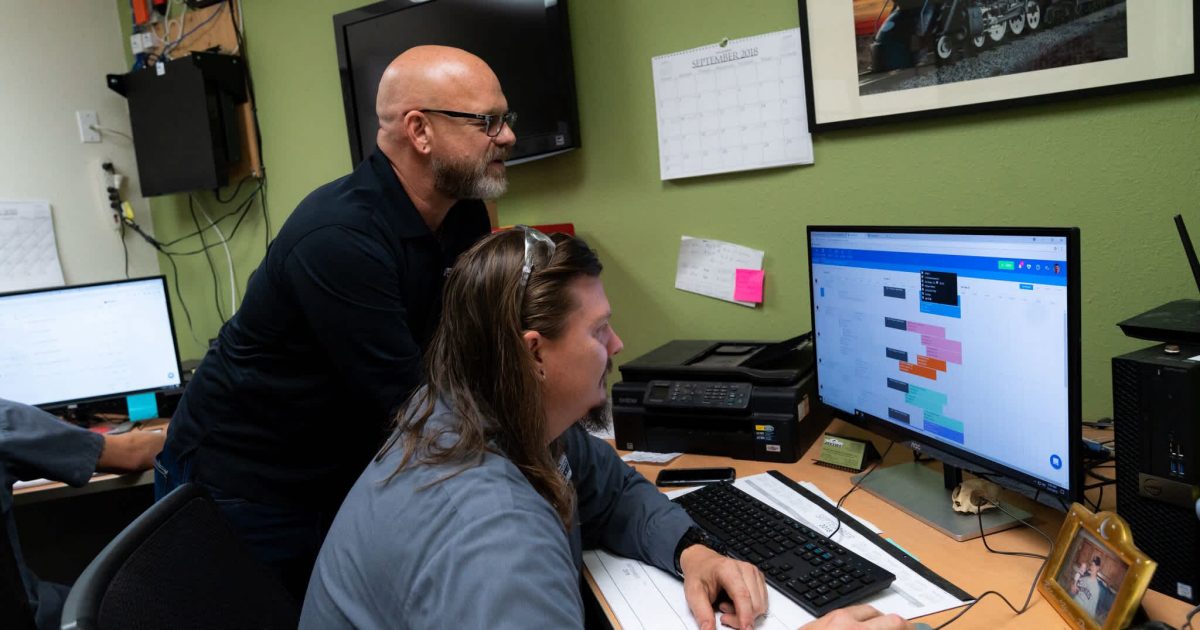
April 28, 2020 quick update
The Johns Hopkins CSSE dashboard is reporting over 1 million confirmed US cases, over 115,000 recovered and over 58,000 deaths as of 2:05pm on April 28.
Notably, with global cases just over 3 million (and deaths at over 215,000) the United States represents a third of the global cases and more than a quarter of the global fatalities from coronavirus.
US COVID-19 ECONOMIC RELIEF AND RESPONSE
Today, President Donald Trump held a press conference to talk about the economic stimulus CARES Act for small businesses. With phase two of the Paycheck Protection Program (PPP) now underway, the President reported that 450,000 loans have been funded during this phase two totaling $50 billion so far.
The US government continues to evaluate options to provide financial support for both businesses and individuals to offset the economic impact of the COVID-19 pandemic.
US Secretary of the Treasury Steven Mnuchin announced that the US government will audit companies that received loans of more than $2 million from the Paycheck Protection Program.
President Trump will sign an executive order today meant to prevent a shortage of chicken, pork and other meat on American supermarket shelves because of the coronavirus. The order will use the Defense Production Act to classify meat processing as critical infrastructure to keep production plants open.
Jocko Willink on extreme ownership and leadership principles
We sit down with Jocko Willink, a true expert on leadership and growth, to get his core tenants of building leaders in his companies. How to go from on-you-own to employing your first tech – watch Jocko explain how to start your plans.
Interview: Taking control over situations you can’t control with Jocko Willink
The secret to success and self discipline
Your 20 years in the military was just the start, you’ve gone on to start a company, Echelon Front, that obsesses around leadership and building high-performing teams. There is nothing average about you – What’s the secret to your success?
I have no superpower, that’s my superpower. Growing up was never great at anything and when joined navy after high school he had a clean slate and could become good at things and he worked hard to help fill the gap between those with talent.
What are your daily habits that you think others should adopt?
The most important habit for me in terms of living a disciplined life is to get up early. I get up early because I like to get stuff done that I know if I push to later in the day it might not get done. The first step to being more disciplined is to start getting up 30-45 minutes earlier than you normally do.
How do you invest in your mind?
Reading keeps me thinking about leadership all the time. Keeps me thinking about decision-making, keeps me thinking about the laws of combat and how they apply to everything in life.
Having an open mind all the time is how I exercise my brain to get smarter.
If you don’t exercise your brain, it’s not going to be as sharp as you want it to be when the time comes to make critical decisions.
Leadership and employee management
How do you think your experience and model for success is transferable to others?
It doesn’t matter what you do for a living, leadership is leadership and it doesn’t matter what situation you’re in. The leadership principles that I talk about all the time apply to any leadership environment.
It’s all about extreme ownership. This idea that you’re not going to put the blame on anybody else, you’re not going to point your finger.
You’re going to take ownership of the problem and you’re going to solve it. And that’s something that if you, if you have that for yourself, it will start to spread throughout your organization and you’ll see problems get solved and it improves your life, your business, everything that you do.
What are some tactics to get your employees to take ownership over their job?
The best thing that you can do is take ownership of yourself. Instead of me pointing my finger, I take ownership of the problem and I’m actually asking, what can I do to help overcome this problem? As soon as you point your fingers at people, they get defensive. So you want people to take ownership, take ownership yourself.
How do you become respected by your employees and how do you show them the respect so that way they respect you back?
You want to use one of the most underrated tools and leadership and that is your ears.
If you want to get people to respect you, you have to respect them. And one of the best ways to do that is to listen to what people have to say.
When you were your younger self, did you have that discipline to ask questions and be that thoughtful leader through the line of questioning versus the telling, or is that a skill you developed later in your life?
When I was younger, I wasn’t in a leadership position inside of a seal platoon. Instead of me sitting there and figuring out how I was going to lead, I was observing. I was watching how my leaders lead.
It was about three years into my seal life that I had a platoon commander that everyone respected and admired and wanted to follow. And one of the things that I noticed was he listened to what we had to say and that cued me in- his humility made us want to follow him.
Facing challenges
At any point in your life have you intentionally sought out mentors?
I wanted to learn, I want to do a good job. I was wanting to get critiqued. I was wanting to get told how I could do something better. And that’s what every good seal was; they show up at a seal team, they’re humble, they want to learn.
Even though there might not be this active official mentoring that happens, it is so embedded in the culture of the seal teams and the military that it’s happening, whether you realize it or not.
What are some of the pivotal moments that you’ve gone through that maybe our pros could learn a little bit from, to then take into the situation that they’re all now under because they’re just entirely different levels of extreme?
Learn how to detach, to learn how to take a step back, learn how to mentally detach from the chaos and mayhem that’s happening, detached from their own emotions so that they can make good decisions, not based on their emotions, not based on a screaming client, not based on a hazardous situation, but based on what is actually unfolding.
You can only make a decision if you can take a step back, take a breath, detach, look around, make a call and execute.
If you can learn to do that your whole life as a leader, as a human will change because no one makes good decisions when they’re emotional, panicked or scared.
Jocko Willink’s advice for home service businesses
How do our pros of watching start practicing that and being more aware of becoming detached and be able to take a deep breath and assess the situation?
You need to pay attention to your emotions. Once you lose control, you lose your temper. You lose respect.
Stop and say, you know what? Hey, hold on. Let me think about this for a second. I can see I’m losing my temper because I care about this job and I care about you guys and I want to do a good job for the client. So you take ownership of that and you say, let me take a step back.
As you get closer to that goal, how do you relate that to our world right now where there’s just a lot of uncertainty. How do you think about that?
When you don’t know what is going to happen, first of all, don’t try and act like you do. Don’t try and put on a front in front of your team that you know everything because they’re going to see right through it. And even if they don’t see through it, whatever you said you thought was going to happen, I guarantee won’t happen because of Murphy’s law.
Don’t guarantee things, don’t make big commitments. Iterative decision making means you make basically the smallest decision that you can based on what your best guess of what you think is going to happen.
There is a theme amongst some of our pros that these times are so extraordinary. How do you think you reconcile that if you’re talking to a pro who is trying to figure out if they got the mental for it.
We can get through pivots in our business, we can get through changing environments and we can come out on the other side and win.
You wrote a book, Extreme Ownership in 2015 that changed the lives of a lot of people. What was your motivation to write that book?
When I got out of the Navy, I started working with companies teaching leadership and the demand signal was very high. Eventually I partnered up with a guy that worked for me in the battle of Ramadi. He was one of the platoon commanders, Leif Babin. We started growing this business. As we grew the business, there was a huge demand signal of people saying, do you have this stuff written down anywhere? Can you give us a pamphlet?
Eventually, we decided we’d better write this stuff down for the civilians. And when we did that.
Questions from the audience
Do you have any recommendations on how to motivate staff while also taking care of their personal fears and struggles right now?
If you want to bring people on board, if you want them to get engaged, if you want them to take ownership, you have to give them ownership. If you want them to get motivated, the best way to do that is to let them run with their plan, with their ideas, let them go out there and execute.
My business has slowed down significantly after other businesses have started to close. What is the best strategy to continue to inspire our locations or partners or customers to get back into the grind and not rest on their past successes?
When we want to build relationships with people and get people doing what we want them to do, the best thing to do is ask, Hey, how can I help you? What can I do for you?
Building relationships and the best way to build relationships, especially in the initial stages is to ask people what you can do to help them.
PRO TIP: If you’re out in your local neighborhood and you see a local plumber or you see their truck, stop by, give them a call. Say, Hey, you know, I’m the local HVAC guy. Is there anything I can do to help? How’s your business doing? Just starting to build those relationships right now during this time is going to be remembered pretty much forever and there is no ego there. Pros don’t do that enough and now is a great time to do that.
Any suggestions to make the switch from work to life balance a bit easier?
Number one, set up a space where you work. Don’t work in your living room. Don’t work on your kitchen table. I don’t care if you have to go into a closet.
Number two, change your clothes. So when it’s time to work, put on some work clothes and then when you’re done, change your clothes again.
Your family will know when they see you based on what you are wearing if you are working or if it’s family time.
What is your favorite book that you would recommend for our audience?
My favorite book is About Face: The Odyssey of an American Warrior written by Colonel David Hackworth. It’s the first book that I covered on my podcast and I am actually writing a forward for that book.
What do you think is the one thing that our audience should focus on tomorrow morning?
There’s probably only one decision a week that you make that has some long term lasting effect on your life. But when you take those other 99 decisions and you add them up together that you made every day and you add that up into a week, into a month, into a year, that’s how you get better, not by one thing but by making the right decisions, small decisions. Over and over and over again.
Legal disclaimer
Housecall Pro is offering the Coronavirus Evening Update for Home Service Businesses for informational purposes only and to foster thoughtful communication and discussion regarding the COVID-19 pandemic; Housecall Pro is not offering advisory services or otherwise advising or representing any members of the group invited to participate. Housecall Pro is not offering legal, medical or other professional advice in the Coronavirus Evening Update and makes no representations or warranties regarding the content of the Coronavirus Evening Update. Participants should obtain independent advice relating to their businesses and their particular circumstances.






